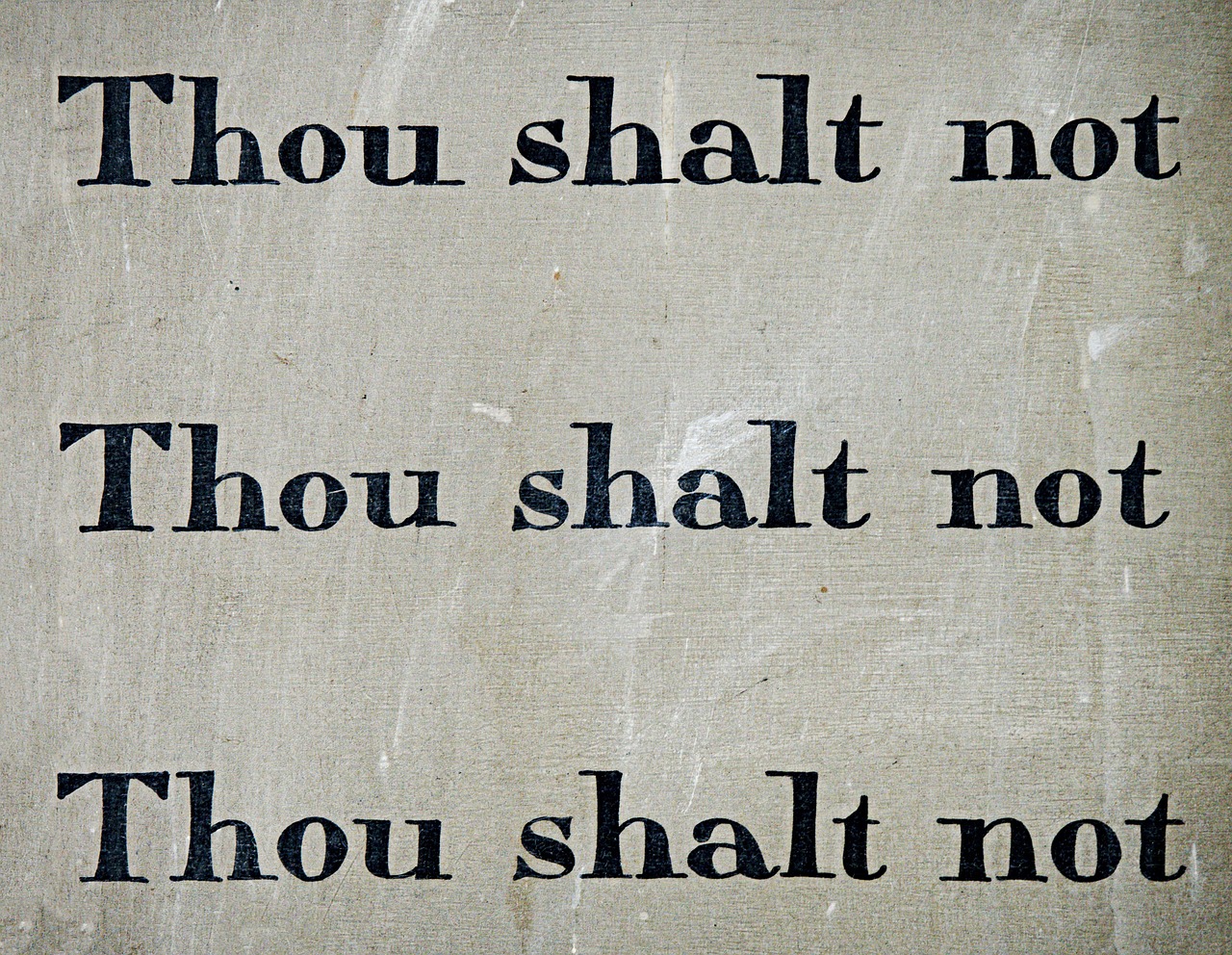The prosperity gospel promises Christians wealth. Believers are told paying tithe and speaking words of faith will result in financial miracles. Even though trusting in God has helped many people through tough economic times, the prosperity gospel has devastating consequences.
Some followers of the Prosperity Gospel lost their homes to foreclosure because they believed God would provide them a ‘quick fix’ to any financial problem. So Christians of all kinds need to stay grounded in fiscal responsibility and wise decision-making.

Table of Contents
- The Tithe Knocked Evander Holyfield Out
- Listen to the Podcast – The Dumbing Down of Christians
- FAQs About the Paying Tithes
- Outsmart the False Teachers
SCRIPTURE TELLS US that God is no longer winking at our ignorance.
Acts 17:30, KJV
30 And the times of this ignorance God winked at; but now commandeth all men every where to repent:
And ignorance comes with a high price. Just ask Evander Holyfield. He “tithed” $20 million to his church, and his mansion was foreclosed.
The Tithe Knocked Evander Holyfield Out
During an ESPN expose on the relationship between professional athletes and prosperity gospel preachers, Holyfield was asked this question: If you had to do it over again, would you pay tithes or pay your house note? Holyfield replied that he would pay his tithes because THAT’S WHAT THE BIBLE SAYS.
I’m not sure which Bible he was reading, but the Bible does not tell Christians to tithe. Unfortunately, there are many Christians like Holyfield who don’t know what the Bible really says about tithing.
In some cases, folks depend on what the preachers tell them. The problem is that some preachers are not telling their congregations the truth about tithes. Their church members are being dumbed down (or kept ignorant).
Listen to the Podcast – The Dumbing Down of Christians
In this video, I go in on the practice of dumbing down Christians.
FAQs About the Paying Tithes
Should I Pay Tithes on Net or Gross?
The debate on whether to tithe from one’s net or gross income is discussed among many Christians. The Bible doesn’t specifically address this distinction. Some believe that tithing from the gross income demonstrates greater faith and commitment, as it’s calculated before any deductions.
Others feel that tithing from the net income, or what they “take home,” is appropriate since it represents their actual earnings. Ultimately, the decision should be based on individual conviction and what one feels led to give.
What Does Paying Tithing on Increase Mean?
“Paying tithing on increase” refers to giving a tenth of one’s additional or surplus income rather than one’s total earnings. In the Old Testament, Israelites were commanded to give a tenth of their produce or livestock, representing the surplus or “increase” they received from God.
Is Paying Tithe to the Poor Wrong?
The Bible does not explicitly state that paying tithes directly to the poor is wrong. In the Old Testament, tithes were used to support the Levites, who had no inheritance in Israel, and assist the widows, orphans, and foreigners.
Deuteronomy 26:12 (KJV) says, “When thou hast made an end of tithing all the tithes of thine increase the third year, which is the year of tithing, and hast given it unto the Levite, the stranger, the fatherless, and the widow, that they may eat within thy gates, and be filled.” This verse suggests that part of the tithe was intended for the less fortunate in society.
Outsmart the False Teachers

Discover the hidden truth about tithes the prosperity preachers don’t want you to know.👉👉 Click here.








